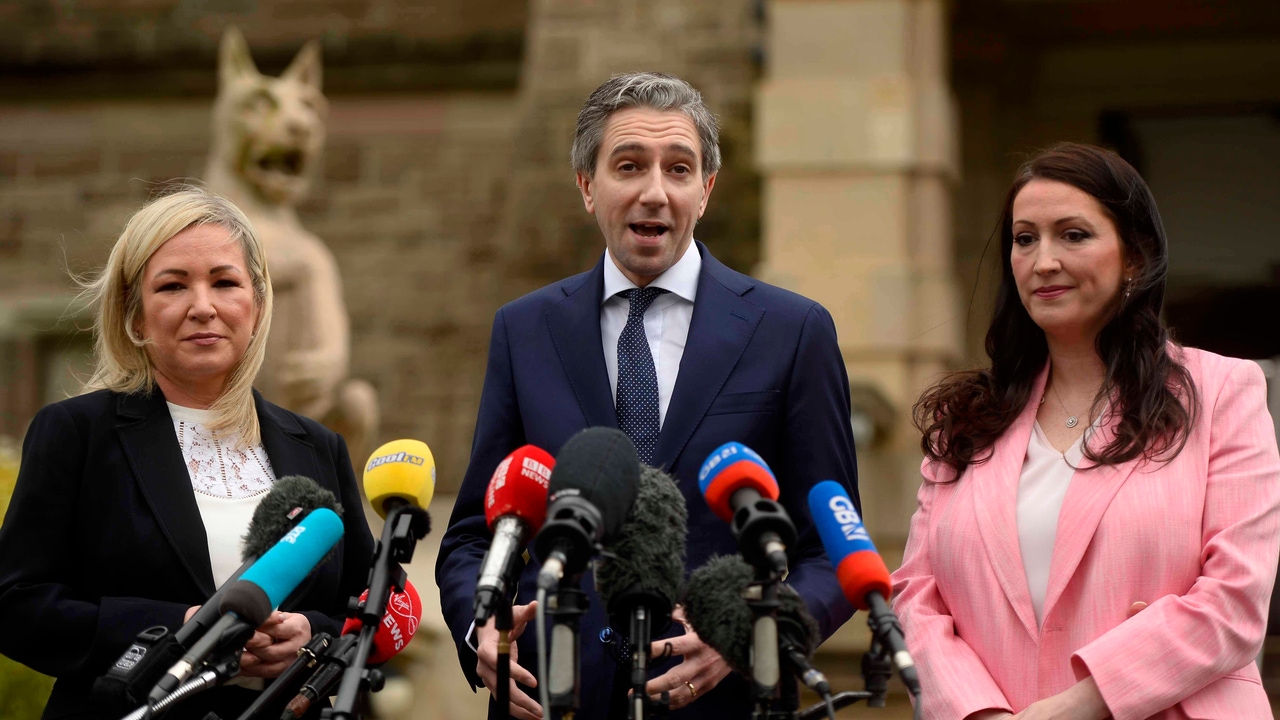First Amendment:
Rishi Sunak’s government will award 100 new licenses in the North Sea, two years after his country hosted its biggest climate summit. As London increases its commitment to fossil fuels, Bolivia and Uruguay see part of the consequences of climate change.
The first 100 licenses will arrive in the fall. Rishi Sunak’s British government defends the decision by saying that drilling for oil and gas in the North Sea will allow the UK to reduce its independence from suppliers such as Russia. He adds that this protects 200,000 jobs.
However, new exploitations could derail it from its climate purpose. The UK has pledged to reach net zero carbon emissions by 2050.
One of the reasons so many countries and companies are happy to talk about net zero emissions by 2050 is that it’s a long way off, but we have to be very clear: you can’t be a climate leader looking for more oil and gas. This is what the UK is trying to do now. Friends of the Planet spokesman Jamie Peters told France 24 that the hypocrisy is on a massive scale.
Moreover, this runs counter to the repeated calls of the United Nations Panel of Experts on Climate Change, IPCC. They urge that all carbon emissions be cut by nearly half by 2030. It is the fossil fuel industries that emit the highest proportion of carbon dioxide of the global total.
The reason for the urgent appeal is that the effects of global warming are becoming increasingly clear. In Bolivia, for example, drought and pollution are increasingly affecting Lake Titicaca, which the country shares with Peru.
Due to the lack of rain, the river that passes through the town of Kohana and flows into the lake has dried up. Titicaca also suffers from litter pollution, which is why a group of Aymara volunteers are crying out for help saving their life-giving water sources.
To the south, in Uruguay, the effects of different environmental conditions affect the animals. This winter, more than 5,000 penguins died and were found on the coast of Uruguay. These seabirds were in the process of migrating from southern Argentina to Brazil.
In addition, they found hundreds of other dead animals such as turtles, sea lions, and dolphins. “In autopsies, what I see is that they were very skinny animals. It’s clear that food shortages, overfishing and climate change are affecting them on the coast,” marine animal rescue activist Richard Tesseur told France 24.
While this is happening, fossil fuel production does not stop, with the constant divide between oil-based economic development and environmental protection.





